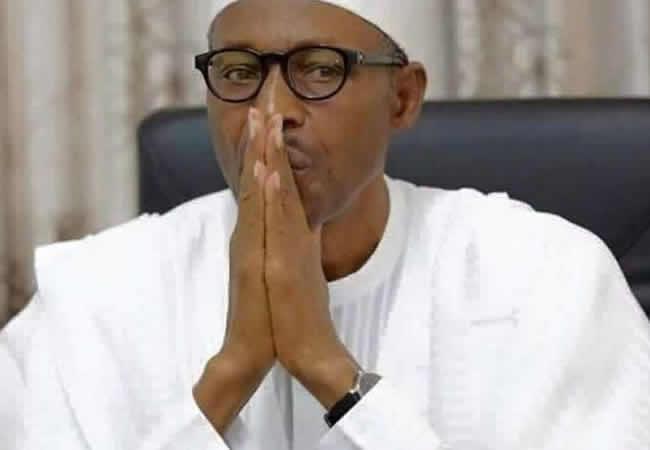The Federal Government has said it neither banned nor restricted importation of food items into the country.
It also explained that the recent directive by President Muhammadu Buhari to the Central Bank of Nigeria, CBN, to stop providing foreign exchange for importation of food items did not mean a restriction on importation of food items.
A statement by the Senior Special Assistant to the President on Media and Publicity, Mallam Garba Shehu, in Abuja further stated that any importers of food items that wished to source their forex from non-government financial institutions (and pay Customs duty on those imports – increasing tax-take) were free to do so. The Presidential spokesman was replying to a report in a Financial times, which was a letter to the Editor with the title, “Muhammadu Buhari sparks dismay over policy shift on food imports”, published on August 15, 2019.
Shehu wrote: “Your article, ‘Muhammadu Buhari sparks dismay over policy shift on food imports’ (August 15) suggests the Nigerian government is restricting the import of agricultural products into the country. “This is simply incorrect. To be absolutely clear, there is no ban or restriction -on the importation of food items whatsoever. “President Buhari has consistently worked towards strengthening Nigeria’s own industrial and agricultural base. A recent decision sees the Central Bank maintain its reserves to put to use helping growth of domestic industry in 41 product sectors rather than provide forex for the import of those products from overseas. “Should importers of these items wish to source their forex from non-government financial institutions (and pay Customs duty on those imports – increasing tax-take, something the Financial Times has berated Nigeria for not achieving on many occasions) they are freely able to do so.
“Diversification of forex provision towards the private sector and away from top-heavy government control, a diversification of Nigeria’s industrial base, and an increase in tax receipts – are all policies one might expect the Financial Times to support. “Yet for reasons not quite clear, the author and this newspaper seem to believe the President’s administration seeks to control everything – and yet do so via policies that relinquish government control. We look forward to the next instalment of Mr. (Neil) Munshi’s bizarre and puzzling article series.” The Financial Times report was titled, “Muhammadu Buhari sparks dismay over policy shift on food imports. Critics say Nigerian President’s move threatens to send prices skyrocketing.”
It read: “Nigerian President Muhammadu Buhari is coming under fire after calling for the Central Bank to stop providing the foreign currency needed to pay the country’s vast food import bill. “Mr Buhari this week “directed” the Central Bank to cease providing dollars and other currencies to importers as part of his efforts to spur domestic agricultural production and attain “full food security” for Africa’s most populous nation. “But he drew criticism from economists and analysts who said the move threatened to send food prices skyrocketing and brought the central bank’s independence into question. “ Since 2015 the central bank has enforced a controversial policy that denies foreign currency for dozens of imported products from cement to toothpicks to rice, but Mr Buhari’s call would represent a vast expansion of the prohibition. “Don’t give a cent to anybody to import food into the country,” the President said, according to a statement from his spokesman, who added that “the foreign reserve will be conserved and utilised strictly for diversification of the economy, and not for encouraging more dependence on foreign food import bills. “The Central Bank has not said whether it will follow the directive and did not respond to a request for comment. ‘’Analysts said that instead of inspiring a renaissance of Nigerian agriculture, the foreign currency import ban would create food shortages, drive further smuggling, and send prices higher.”
FG denies placing ban or restrictions on importation of food items






